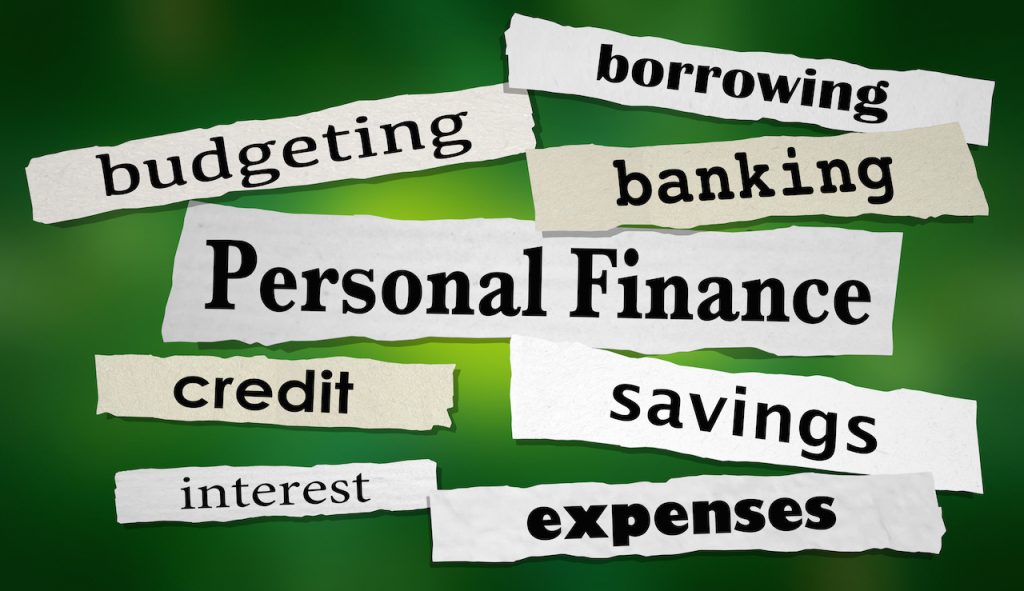Credit Sesame explains why some of the smartest money management habits do not impact your credit score, even if they reflect good money management.
Building strong financial habits is always a good idea. But when it comes to your credit score, not every smart move counts. In fact, many habits that help you feel financially secure have no effect on your credit file at all.
That does not mean they are worthless. These habits can help you avoid financial stress, stay on track with bills, and build long-term stability. However, credit scores are based only on specific types of credit activity, so many of your everyday financial choices are not reflected.
1. Budgeting and tracking your spending
Keeping a budget helps you manage your income, reduce unnecessary expenses, and plan ahead. But your credit score does not measure how well you manage your cash flow or how closely you stick to a budget.
Even so, consistent budgeting can make it easier to stay on top of bills and avoid financial strain. It does not directly affect your score, but it may help support other habits that do.
2. Building a savings cushion
Having emergency savings is one of the most important things you can do for your financial health. However, your savings account balance is not included in any credit score calculation.
Saving money does not directly affect your score, even if it gives you more financial flexibility. It may help you avoid missed payments or the need to borrow, but the act of saving itself is not part of your credit profile.
3. Using debit cards or cash
Spending with debit or cash may help you avoid overspending or interest charges, but it does not create any credit history. Debit card use is not reported to credit bureaus, and neither is cash spending.
If you rely only on non-credit tools to manage your money, your credit report may remain thin or inactive. These habits can support financial control, but they will not build or improve your credit score unless you use a service like Sesame Cash. By enrolling in Sesame Credit Builder, members can build credit by making debit purchases that are reported as on-time payments to help establish credit history.
4. Investing for retirement
Contributing to a retirement account like a 401(k) or IRA is a smart long-term move, but it does not affect your credit score. These accounts are not loans or credit products; credit scoring models do not consider your investments or account balances.
Even with a strong portfolio, your score will not change. Retirement savings build financial security, but are not part of your credit profile.
5. Avoiding all debt entirely
Some people take pride in never borrowing, which can be a responsible lifestyle. But in the eyes of credit scoring systems, no credit history means no credit score.
If you avoid all loans and credit cards, you may find it challenging to qualify for credit if you ever need it. You may prefer to live debt-free, but remember that credit activity is required to build a credit file.
6. Couponing and comparison shopping
Clipping coupons, price checking, and planning your purchases are smart ways to stretch your money. But none of these habits are connected to your credit report.
These strategies may help you spend less or save more, but they do not directly affect your credit score.
7. Saving for large purchases
Setting aside money for big expenses like travel, appliances, or home repairs may be a smart way to avoid debt. Paying from savings can be satisfying and help you stay financially grounded.
But saving enough to buy a car or a home outright may take years. In some cases, it may not be realistic at all. Strong credit can be the key to moving forward without added financial strain.
Integrating good credit behavior into your money management habits
Strong money management habits like saving, budgeting, and paying bills on time help you stay financially stable. But if you are not using credit accounts, these habits typically do not affect your credit score.
There are limited exceptions. Rent and utility payments are usually not reported to credit bureaus unless they become seriously overdue. Some third-party services, such as Experian Boost or Credit Sesame’s rent reporting feature, may allow certain payments to appear on your credit file. These services are optional and apply only to specific credit scoring models.
Once you begin using credit cards, loans, or other types of borrowing, credit behavior becomes part of your overall financial strategy. At that point, habits like paying on time, keeping balances low, and managing accounts responsibly are just as important as saving and budgeting.
If you enjoyed 7 good money management habits that do not affect your credit score you may like:
Disclaimer: The article and information provided here are for informational purposes only and are not intended as a substitute for professional advice.
Read the full article here
